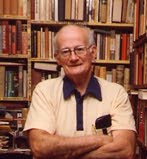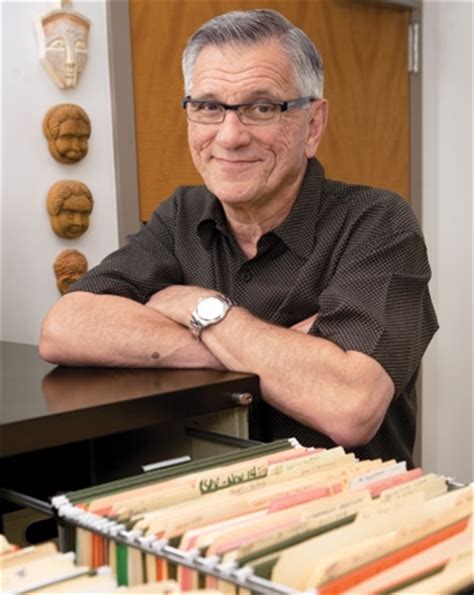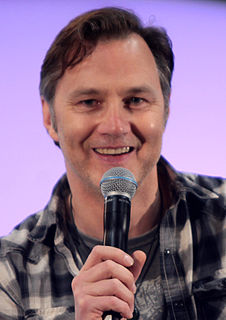A Quote by Steve Hilton
You know, putting power in people's hands was the central idea of the conservative platform. And so, to me, the E.U. was the direct opposite of that, and totally inconsistent.
Related Quotes
There are four different kinds of power in a communication: position power (the CEO talking to her direct reports), emotion power (passion sometimes rules the day), expertise (people often listen to the most knowledgeable person in the room), and conversational power (the subtlest, this is the ability to direct the conversation through body language).
Do not be deceived by the way men of bad faith misuse words and names … Things are set up as contraries that are not even in the same category. Listen to me: the opposite of radical is superficial, the opposite of liberal is stingy; the opposite of conservative is destructive. Thus I will describe myself as a radical conservative liberal; but certain of the tainted red fish will swear that there can be no such fish as that. Beware of those who use words to mean their opposites. At the same time have pity on them, for usually this trick is their only stock in trade.
The term power comes from the Latin posse- to do, to be able, to change, to influence or effect. To have power is to possess the capacity to control or direct change. All forms of leadership must make use of power. The central issue of power in leadership is not Will it be used? But rather Will it be used wisely and well?
No doubt that anarchist ideas are frightening to those in power. People in power can tolerate liberal ideas. They can tolerate ideas that call for reforms, but they cannot tolerate the idea that there will be no state, no central authority. So it is very important for them to ridicule the idea of anarchism to create this impression of anarchism as violent and chaotic. It is useful for them.
It is a sobering fact that the prominence of central banks in this century has coincided with a general tendency towards more inflation, not less. [I]f the overriding objective is price stability, we did better with the nineteenth-century gold standard and passive central banks, with currency boards, or even with 'free banking.' The truly unique power of a central bank, after all, is the power to create money, and ultimately the power to create is the power to destroy.
































